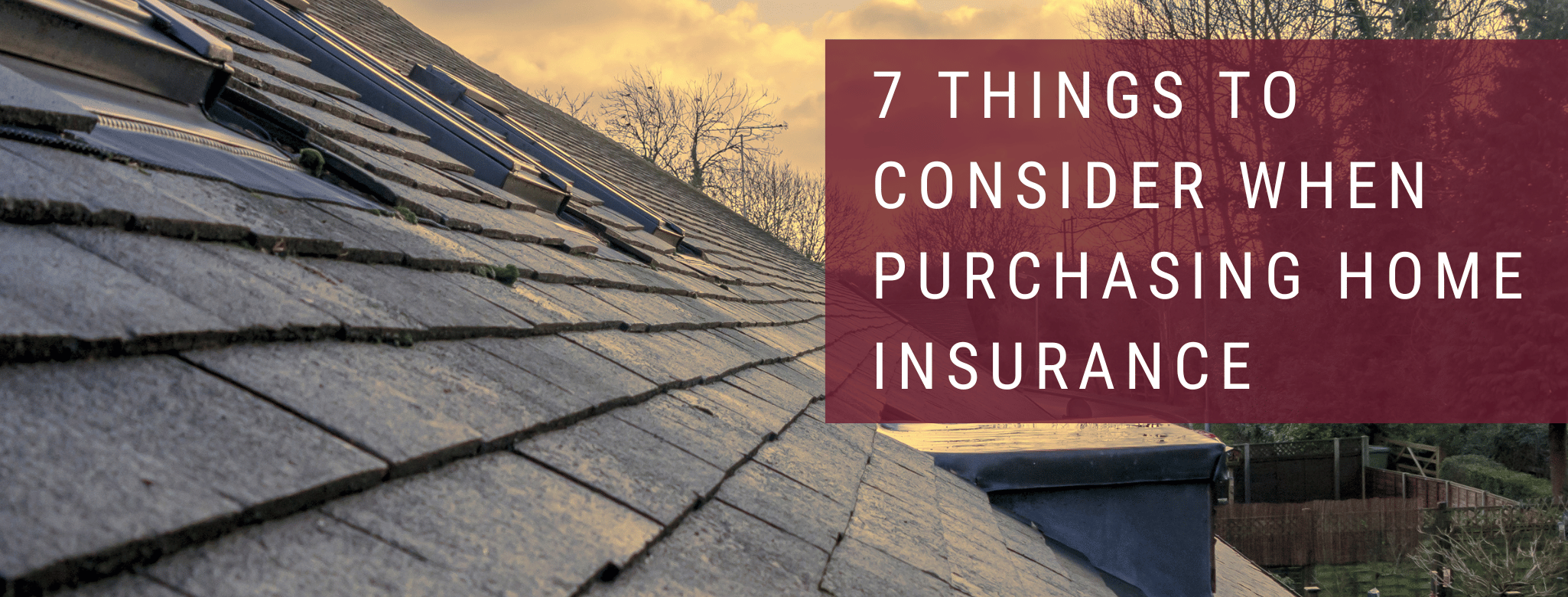
One of the major turning points in life is buying a home, and protecting it with the appropriate homeowner’s insurance is as important. Understanding the important variables that affect house insurance costs is crucial whether you’re purchasing your first home or seeking to review your current policy. Below are a few of the key factors to think about when purchasing insurance for your home.
1. How Home Inspection Impacts Your Home Insurance
Your home inspection is a key step that many homeowners frequently skip before delving into the nuances of homeowner’s insurance. Any structural problems that are already present, prospective risks, or weaknesses that might affect your insurance coverage are found during a comprehensive inspection. Here is why it’s important:
- Unreported Problems: A thorough examination might reveal undetected concerns including water damage, poor wiring, or structural problems that would not be noticeable during a routine walk-through. Before purchasing your coverage, take care of these concerns to avoid expensive surprises later on.
- Insurance Requirements: Depending on the state of your home, some insurance companies may have particular requirements. You may easily obtain coverage if any essential updates or repairs are taken care of beforehand.
- Premium Savings: By making early repairs or upgrades to your house, you may be able to get a better deal on your insurance rates.
2. Your Roof Has A Major Impact On Your Homeowner’s Insurance
The age and condition of your roof is one sometimes overlooked aspect that has a big influence on the cost of your homeowners insurance. Why your roof matters is as follows:
- Older Roof Leak Risks: Older roofs are more vulnerable to leaks and damage, which can lead to expensive claims. When setting premiums, insurance companies take the risk connected to your roof into account.
- Direct Impact On Home Insurance Premium: Aged roofs may result in increased insurance costs or possibly coverage restrictions. For more recent, impact-resistant roofing materials, certain insurers could provide discounts.
- Roof Replacement Costs: When comparing coverage alternatives, take into account the possible cost of replacing your roof. If you have enough coverage, you won’t have to pay for a new roof out of pocket.
3. Home Location & Natural Disasters
The location of your house is a key factor in determining your home insurance requirements. Specialized coverage is frequently needed in regions that are vulnerable to natural catastrophes like hurricanes, floods, earthquakes, or wildfires. Think about the following:
- Flood Zones: A typical homeowner’s insurance policy could not cover flood damage if your house is situated in a flood-prone region. Frequently, separate flood insurance must be purchased.
- Protection from Windstorms: To defend against wind and storm-related damages, homes in hurricane-prone areas may need windstorm or hurricane insurance.
- Earthquake Considerations: Because earthquake insurance is frequently excluded from regular policies, it is a must for homes in earthquake-prone areas.
4. Deductibles and Coverage Limits
It’s critical to comprehend your deductibles and coverage restrictions. In place of your home’s market worth, your coverage limitations should take into account the cost of reconstructing it. Lower premiums may result from a higher deductible, but there will be more out-of-pocket costs in the event of a claim.
As home values fluctuate as well as construction material costs it is vital to stay in close communication with your insurance agent to make sure your home is correctly protected. Sometimes an extremely cheap home insurance policy means a lack of coverage.
5. Safety and Security Measures
You may be able to lower your insurance costs by installing home security systems, smoke detectors, fire extinguishers, and even more secure doors and windows.
6. Personal Liability and Property Insurance
When choosing coverage, take into account the worth of your personal goods. Make sure you have enough liability and personal property coverage to protect your assets from unanticipated mishaps.
7. Discounts and Insurance Bundling
By combining your home insurance with additional policies, such as your car insurance, you may be eligible for discounts. Ask about savings for retirees, non-smokers, and home improvements that improve security and safety.
Contact Strickler Insurance For Homeowners Insurance
We would love to help you get the best homeowners insurance for your home. Making sure your home, family and investment is protected along with affordable is a core focus of Strickler Insurance. Contact us today!

